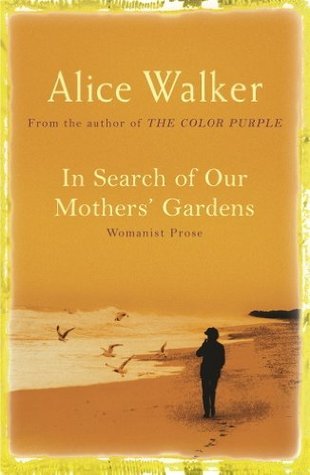
The Collected Autobiographies of Maya Angelou
Book Description
A voice echoes through time, weaving tales of resilience, pain, and triumph. In *The Collected Autobiographies of Maya Angelou*, each chapter invites readers into a world where heartbreak coexists with unyielding strength. Journey through the complexities of race, identity, and womanhood as Angelou's vivid memories illuminate the human spirit in all its forms. From the shadow of abuse to the heights of literary acclaim, her story is a powerful testament to overcoming adversity. What lessons of courage and grace await those willing to embrace the untold stories of a remarkable life?
Quick Book Summary
The Collected Autobiographies of Maya Angelou brings together the extraordinary memoirs chronicling Angelou’s life from her childhood in the segregated South to her emergence as an iconic literary figure. Through a series of seven volumes, Angelou crafts a narrative rich with personal tragedy, unwavering resilience, and profound cultural insight. Her journey traverses the struggles of growing up Black and female in America, enduring trauma and overcoming adversity with indomitable spirit. Angelou’s keen observations reveal the complexities of identity, the brutal realities of racism and sexism, and the redemptive power of love, family, and art. Woven with poetic grace, these autobiographies offer not only a chronicle of one woman's life but also a resonant exploration of the human experience.
Summary of Key Ideas
Table of Contents
Resilience in the Face of Adversity
Maya Angelou’s collected autobiographies begin with a vivid recounting of her early years in Stamps, Arkansas, where she and her brother Bailey are raised by their grandmother. Poverty and segregation define their childhood, yet Angelou finds comfort in the close-knit Black community and in the teachings of her grandmother. Her innocence is shattered by the trauma of sexual abuse and the subsequent silence she adopts, which ironically fuels her love for language and literature. These formative experiences establish the foundation of her resilience and eventual artistic voice.
The Search for Identity and Belonging
As Angelou grows, she navigates the complexities of adolescence, grappling with questions of identity and belonging. Her travels between Stamps, St. Louis, and San Francisco expose her to the realities of shifting familial structures, recurring dislocation, and themes of abandonment. Angelou’s struggle to assert her place in both the Black community and the broader American landscape speaks to the universal longing for acceptance. Through education, work, and relationships, she gradually carves out a sense of self-worth and independence.
The Impact of Racism and Sexism
The omnipresence of racism and sexism shapes Angelou’s experiences as both a woman and an African American. She encounters systemic barriers at every turn, including limited career opportunities and social marginalization. Angelou witnesses and participates in the burgeoning civil rights movement, further awakening her sense of agency and responsibility. Her honest portrayals reveal the cumulative tolls of discrimination, while also illustrating the ways communities unite to resist oppression and create spaces for collective empowerment.
The Transformative Power of Art and Language
Art and language emerge as central forces of transformation throughout Angelou’s life. Inspired by her teachers, mentors, and the oral traditions of her community, she channels her pain and aspirations into writing, music, and performance. Her journey through roles as a calypso singer, actress, activist, and, ultimately, a celebrated writer, demonstrates the capacity of creativity to heal and transcend limitations. Storytelling becomes both a means of survival and a platform for advocacy.
Navigating Womanhood and Independence
Angelou’s exploration of womanhood is marked by her determination to assert autonomy and dignity. Motherhood, romantic relationships, and social expectations present constant challenges, but Angelou consistently chooses self-respect and independence. Her candid reflections on love, sexuality, and vulnerability illuminate the inner evolution of a woman forging her own path. By embracing her complexities and truths, Angelou offers a blueprint for courage, grace, and enduring hope.
Download This Summary
Get a free PDF of this summary instantly — no email required.





